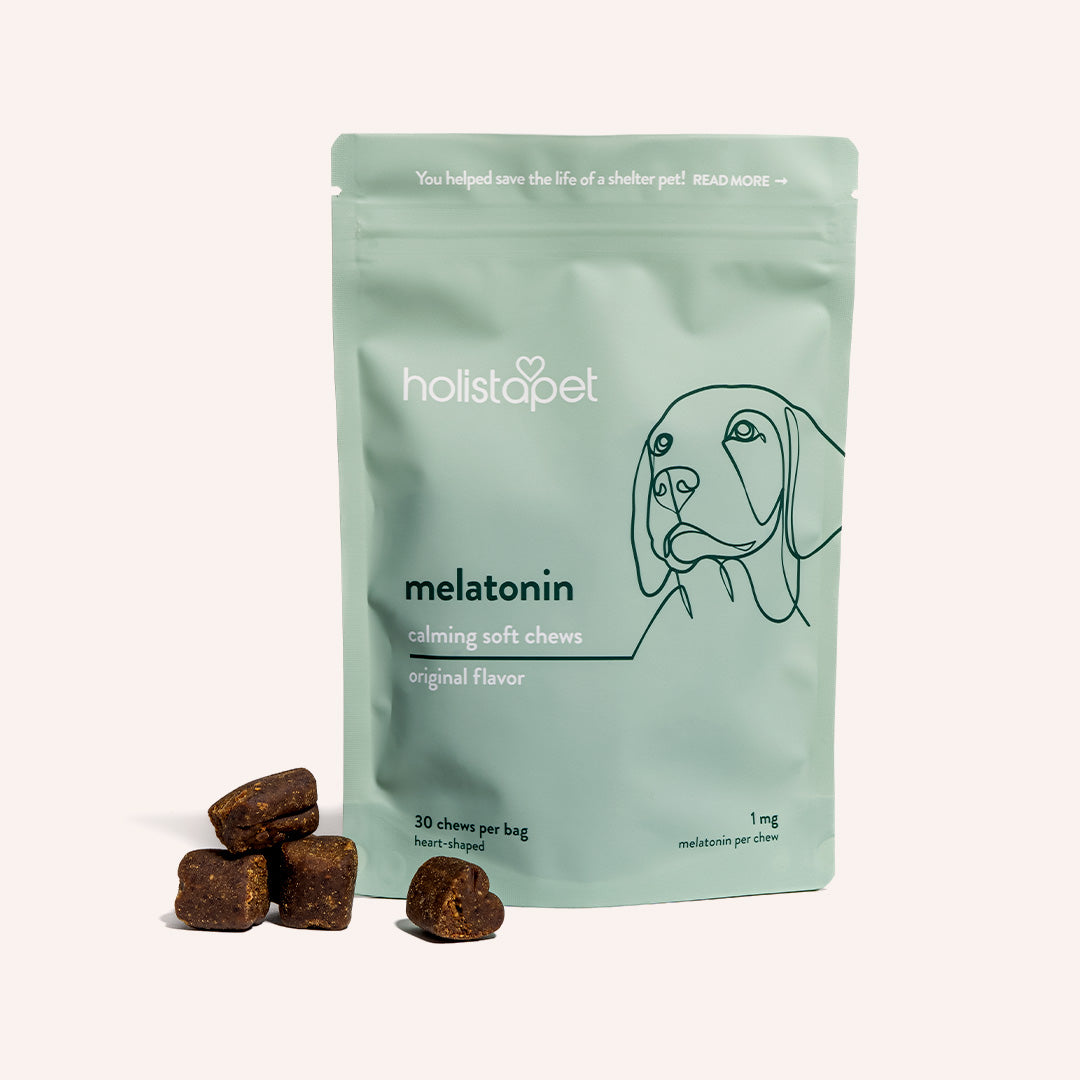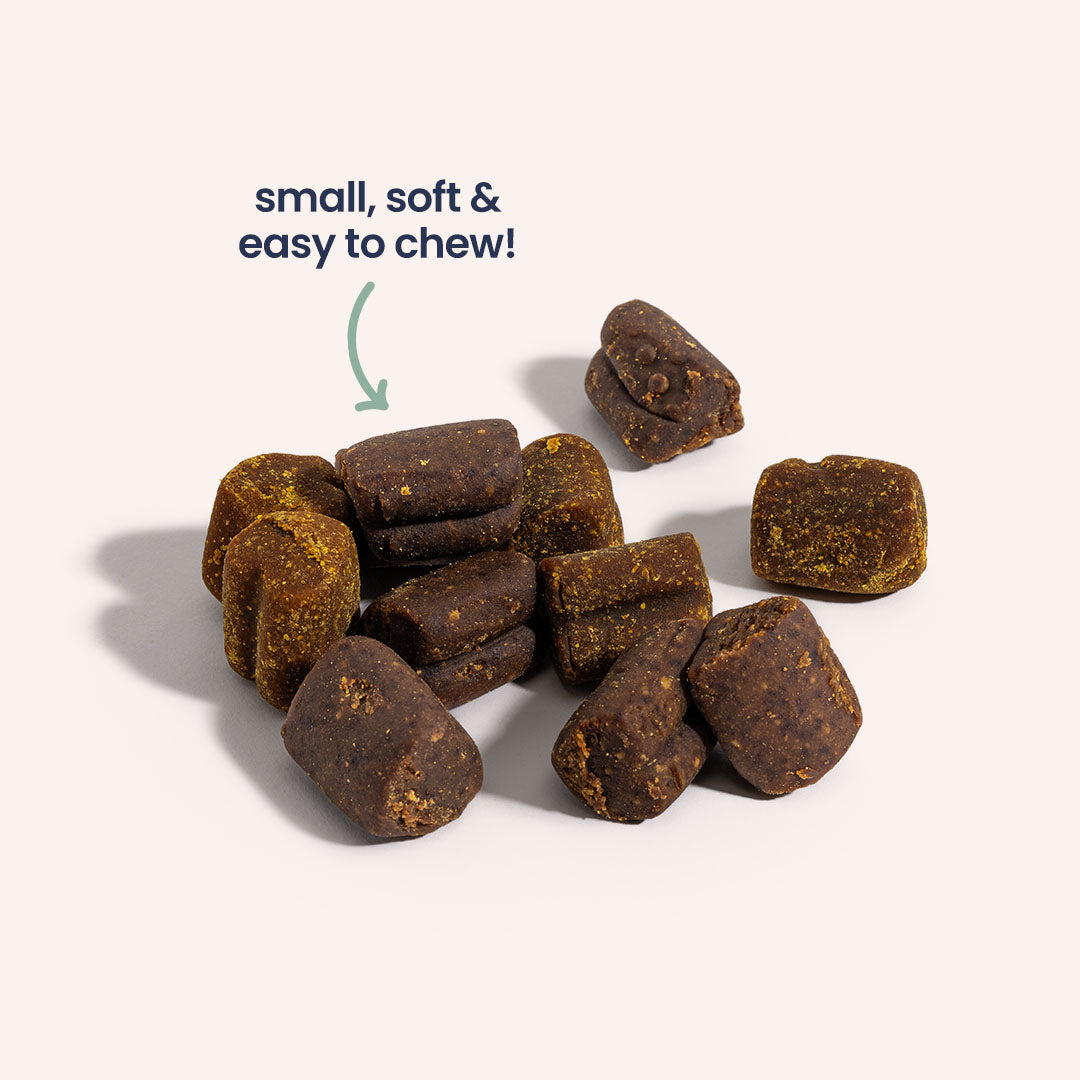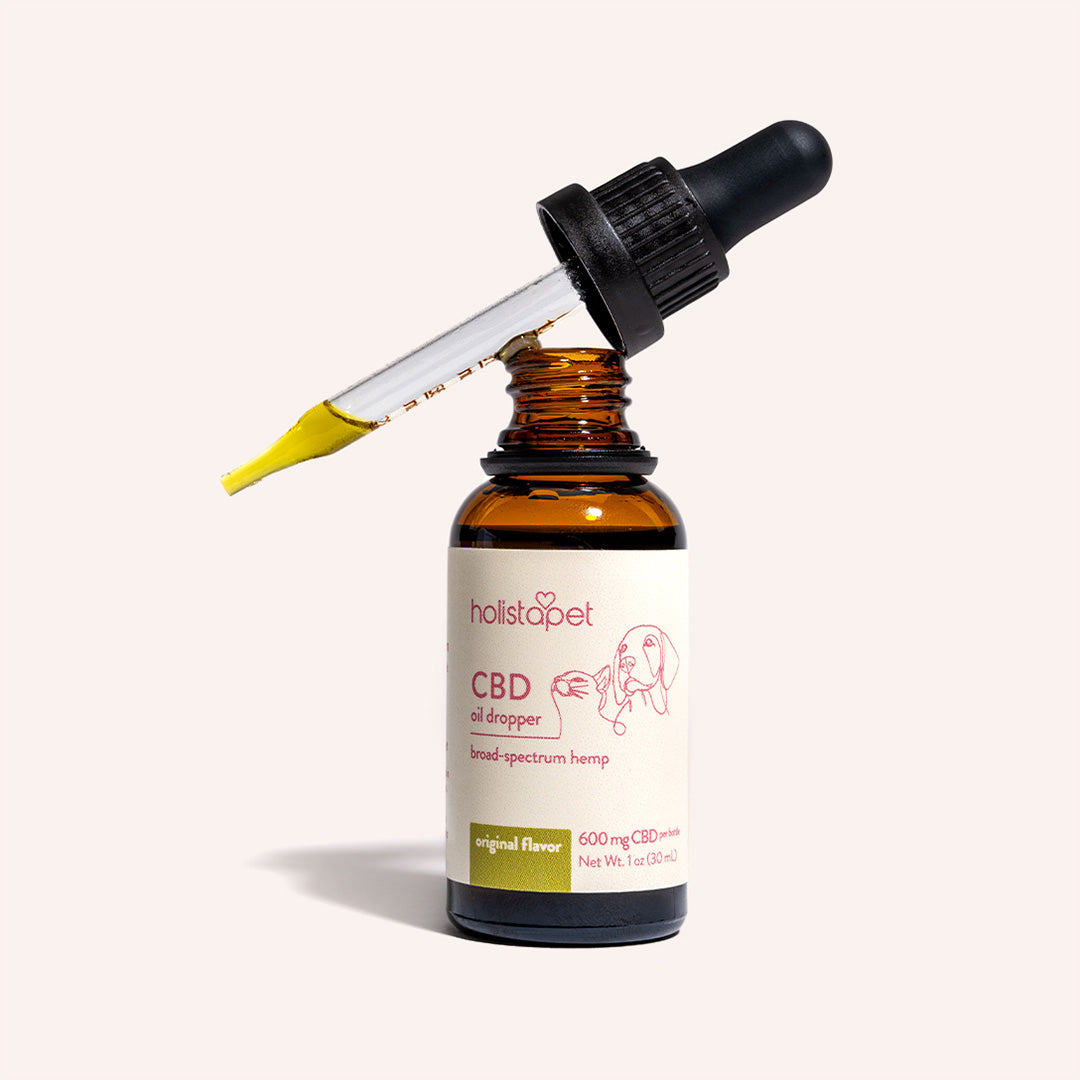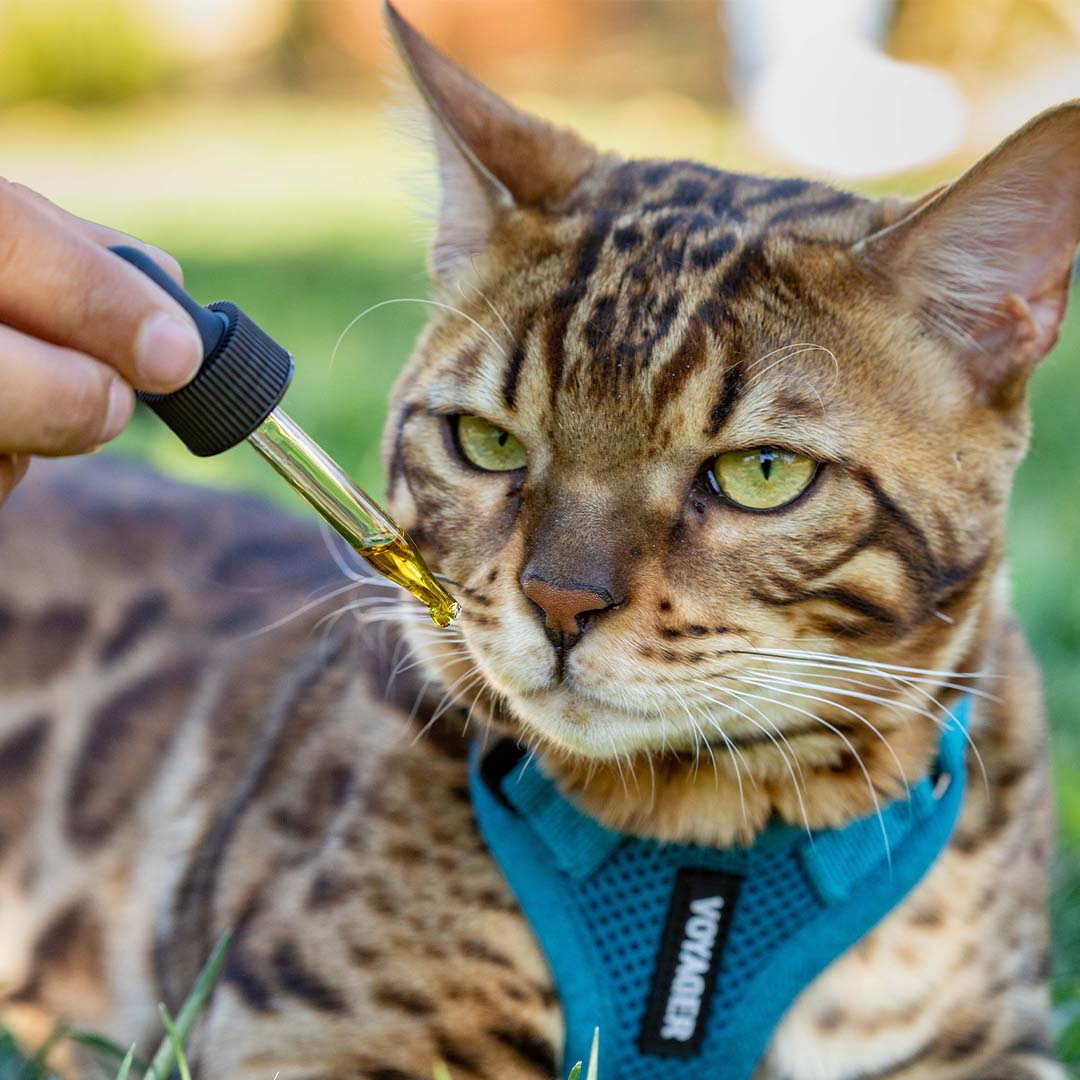If your dog isn't drinking water like usual, it could be due to a number of reasons. Before you start to worry, try determining why they aren't thirsty first. Your dog could be scared and anxious, suffering from an illness, or be too exhausted to drink water. Lack of water intake can lead to dehydration. Naturally, you might be concerned if you don’t know how to get a dog to drink water.
Dehydration can cause serious issues in your dog, so it's essential to find the source of the problem first. This article highlights the main reasons your dog isn't drinking water and how you can slowly persuade them to hydrate!
Why Is It Important for Dogs to Drink Water?
Water is an essential and necessary part of life that keeps humans and our dogs hydrated and our bodies functioning.
Staying properly hydrated is important to your dog's internal organs. Water keeps the blood flowing and delivers oxygen to the organs and tissues. Water also keeps your dog's pH balanced, which also contributes to organ function.
It also helps deliver electrolytes, such as sodium, potassium, and chloride, which have essential functions in your dog. Electrolytes are crucial because they help move nutrients into the cells and help regulate muscle and nerve function.
Hydration is vital for everyone! Without water, we would not be able to function, so it's important to make sure our dogs are drinking enough water.
It’s highly advised that active dog breeds stay hydrated at all times since they are losing more liquids from panting and exercise!
How Much Water Do Dogs Need?
Every dog has different water consumption needs based on its activity level, age, size, or diet. The general recommendation of water intake for the average dog is about one fluid ounce of water for every pound of body weight. More active dogs will naturally consume more water daily.
One fl. oz of water is roughly about 1/8 cup of water. So for a small 20 lb. dog, they would need about 2.5 cups of water per day. (20 lb. x 1/8 cup of water = 2.5 cups)
Gauge how often and the amount of water your dog drinks per day and adjust as necessary. If you are constantly finding their water bowl empty, you may want to increase their water intake accordingly.
A great way to measure your dog's water intake is to give them water multiple times per day instead of leaving it out all day long. Splitting up their water intake can also help prevent your dog from drinking too fast in one sitting.
Why Won't My Dog Drink Water?
There could be a few reasons why your dog is suddenly not drinking enough water. Dogs can be sensitive to new environments, or they might not be feeling well.
Here are some of the causes for why they might not be drinking enough drinking water:
Unfamiliar Places
Dogs are creatures of routine, and any disturbance in their daily lives can cause them to avoid drinking water. Whether they are on a road trip with you or moved to a new house/apartment, your dog could be nervous and scared in an unfamiliar environment.
The best way to keep it as familiar as possible is to bring their water bowl and a bottle of water from home. Bringing these two items can help them feel more comfortable in a foreign setting!
Illness/Injury
If your dog isn't feeling well, they may be reluctant to drink water out of discomfort. There could be damage to your dog's teeth or gums that cause pain when they drink, so try checking their mouths first to determine if there are any injuries.
Illnesses or health conditions like bladder infections or kidney diseases could be more serious reasons why your dog isn't drinking water. If your dog continues to avoid water, they may need immediate medical attention to diagnose a more serious health issue.
Age
As we all know, growing older often means we have less energy to move. Walking to another room in the house can be tiring for your older dog. They may also have diminished or reduced needs for water due to age.
Older dogs naturally expend less energy, so their water needs are much lower. If your dog is getting older, you can try switching over to wet dog food to boost their water intake.
Lacking Exercise/Inactive
Sometimes, the weather can play a role in your dog’s energy levels. If it’s not that hot throughout the day and your dog isn’t too active, they simply might not be thirsty and shouldn’t be too much of a concern.
Negative Experiences or Fear
Dog’s are notoriously known for their ability to learn by association. When it comes to experiencing pain or being frightened, they typically associate the negative feelings with the scenario in which they first encountered it.
What Happens if My Dog Doesn't Drink Enough Water?
A lack of water in our dogs can lead to canine dehydration, which can cause severe health issues. Canine dehydration is a serious condition that causes our dogs to lose energy and electrolytes critical to muscle and nerve function. A severe shortage of fluids could cause organ failure, and in worst cases, death.
Symptoms of Dehydration in Dogs
It may be hard to tell right away if your dog is dehydrated. However, if you notice the water bowl is constantly full, you can check for these signs of dehydration:
- Loss of skin elasticity
- Loss of appetite
- Lower energy levels
- Vomiting
- Diarrhea
- Dry gums or tongue
- Thick saliva
- Dark, sunken eyes
Loss of skin elasticity is the most common way to test for dehydration. You can check by pulling your dog's skin near the back of the neck and watch if it snaps back into place. If the skin slowly moves back into place, your dog may be dehydrated.
You can also check your dog's mouth for dry gums, dry tongue, or extra-thick saliva. If the gums appear to be whiter than usual, it could be another sign your dog is not drinking enough water.
Related: Dog Diarrhea Home Remedies [Best Tips for Prevention]
How to Get a Dog to Drink Water
There are a few tricks you can try to get your dog to drink more water. Dehydration is often a sign of a more significant health issue, but as long as fluids are getting replenished, it can help your dog function at a higher level.
Place Water Bowls Everywhere
Whether you have a lazy or old dog, you can try strategically placing water bowls around the house to ensure your dog is drinking enough water. Walking past a water bowl might remind them to take a few gulps of water before continuing about their day.
Try placing a bowl in the kitchen, the living room, the bedroom (if they're allowed in), or the bathroom to hit all the major areas!
Feed Them Wet Food
Transitioning from dry food to wet food may help boost your dog's water intake. You can buy canned wet foods for dogs high in moisture content that will help replenish fluids. Wet foods are an excellent option for older dogs who may find dry food harder to eat or drink less water in general.
Alternatively, you can try soaking your dog's dry dog food in water for 30-60 minutes. This method can help them transition to wet food more quickly as a combination of the two.
Add Flavor to Water
A sneaky tip you can try is to add a couple of spoonfuls of chicken or beef broth to your dog's water. The tasty smells of broth might convince your dog to want to drink the flavored water. You can try using low-sodium broths to keep the water relatively healthy for your dog's diet.
In some cases, you can also try a few splashes of electrolyte-replenishing drinks, such as Pedialyte, to replenish their fluids quicker. However, not all dogs are receptive to electrolyte drinks and could avoid the water altogether. You can try different methods to see which ones your dog prefers!
Test Different Bowls
You can try testing different bowls to see if that helps your dog drink more water. Dogs can have preferences on the bowls they're eating or drinking out of. Much like how they might have a favorite toy or sleeping bed, their water bowls are no different!
It may help to replace any leftover water with fresh water for your dog. For best results, try replacing the water every feeding period to see if it helps. Dog water fountains are also a great way to keep their water supply fresh and cool.
CBD for Dogs
CBD is a fantastic option for soothing dogs who may be stressed or feeling discomfort. Typically, if a dog is out of sorts, it might neglect to drink or eating altogether. CBD oils and CBD dog treats can help elevate moods and relax your canine friend, which might help them drink more water.
Especially for situations where they are in unfamiliar situations or scared from various stressors, CBD dog tinctures is a fantastic way to calm them down. Check out our amazing CBD Calming Chews for Dogs if your pup feels a little anxious or agitated!
When Should I Go to the Vet?
If your dog stops drinking water for well over 24 hours, consider calling a veterinarian to determine the source of the problem. Your dog may have a more severe health condition that is affecting them. If the issue persists and your dog is entirely dehydrated, seek emergency medical attention right away.
Final Thoughts - How to Get a Dog to Drink Water
We all want our dogs to be healthy and active as much as possible. However, sometimes they may encounter certain issues that prevent them from drinking water or eating as they normally should be. It's important to diagnose and treat these issues to prevent our beloved dogs from becoming dehydrated!
Try these tips to see if you can get your dog to drink more water or to determine if there is a more serious issue at hand! Responsible owners should remember to take time to check their dog's health and make sure that they are always hydrated. For more tips on how to take care of dogs visit these resources.








![Probiotics For Dogs [Soft Chews]](http://www.holistapet.com/cdn/shop/files/Probiotic-Infographic-1_472d7a29-e30c-435a-9638-1365d8c3a9f9.jpg?v=1725384841&width=104)

















![Are Dogs Color Blind? [Sort of, Find Out the Truth Here!]](http://www.holistapet.com/cdn/shop/articles/312.jpg?v=1716830134&width=500)












Leave a comment
This site is protected by hCaptcha and the hCaptcha Privacy Policy and Terms of Service apply.